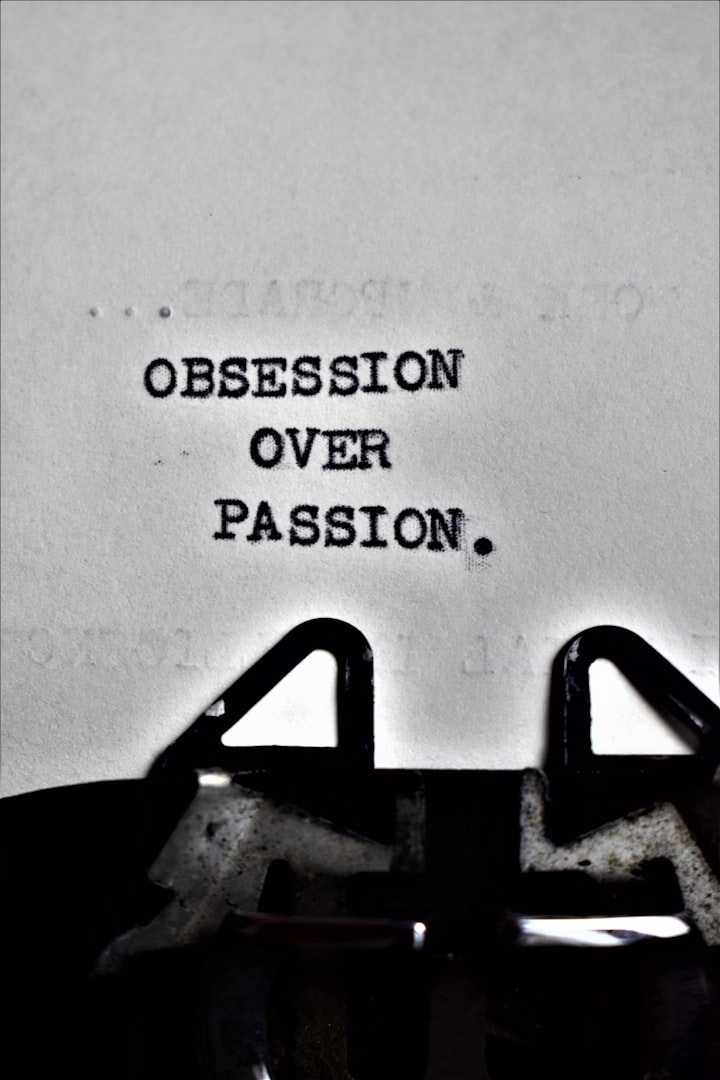Unpacking, ‘Scoop’ by Evelyn Waugh for Modern Readers
Because a lot can be learnt from this modern classic, for writers and aspiring journalists alike

Scoop is known as the great satire of Fleet Street, written in the 1930s. Evelyn Waugh was a writer, journalist and book reviewer, known for his comedic tone and other novels such as Brideshead Revisited. Despite all his literary success, fellow writer, James Lees-Milne, called him, “the nastiest tempered man in England.”
Waugh was known to have a tricky temperament, and he also held a plethora of opinions that some of us would regard as controversial today. For one, he believed that class inequality should just be accepted — rather than challenged. He had a lot of political opinions, identifying as a staunch Conservative, but never voted.
Additionally, Scoop is littered with his own worldview — but modern readers must try and remember it was written during a different era. This is by no means excusing it, but realising the importance of historical context. Most of the novel is set in a fictionalised Ethiopia, known as Ishmaelia.
In the handful of black characters the novel mentions in passing, Waugh expresses blatant racism. Which, despite the comedic tone of the novel, is hard to shake off. The sense of entitlement within the colonial period is expressed throughout the novel with frequent forms of racism.
It’s a mixed bag, but definitely, one that writers and aspiring journalists can learn from.
Journalism Has Got Harder and Easier to Break Into
The main character in the novel, William Boot, starts as a lesser-known writer, with a small column about the countryside. But of course, every door and opportunity is opened for him. He stumbles into the head foreign correspondent's role for the newspaper, Daily Beast, and is sent to the fictionalised state of Ishmaelia to report on the Abyssinian-Italian war.
Although he has next to no experience in reporting on wars or foreign events, due to circumstance, he is immediately pounced upon by Lord Cooper. Part of the novel's hilarity is witnessing Boot stumbling through each day, not really knowing what he was doing — but to modern-day writers, this can be frustrating.
Frankly, this would never happen today. Journalism is still a nepotistic industry — dominated by the white, middle class. A survey conducted by City University London found that 94% of the British journalism industry were white, and 55% male. Despite changes in technology and how we seek out stories, the industry itself, is still the pinnacle of privilege, as presented in Scoop.
Although more of us can hope to gain experience through grassroots and community journalism, that’s dependent on social media; it is an industry that is incredibly difficult to break into. But the journalists featured in Scoop had problems of their own. Living in a digital free age, Boot had to rely on out of date, vague telegrams to get his stories to print back in Britain and communicate with editors.
With technologies at our exposure, more of us can work our way up as writers and journalists, with platforms such as Medium and Twitter — which is great for seeking out stories and finding people to interview. However, Scoop’s world of journalism is one heavily tainted by privilege and open doors.
News Has Changed a Great Deal

Reading Scoop makes you realise how much time and effort used to make the news, seek out stories, and then write them — without the aids of modern technology. In Scoop, with Boot in Ishmaelia, reporting back to colleagues in Britain, sometimes, it was hard for stories and breaking news to stay relevant.
People were separated by time — which makes it difficult to write breaking news pieces to stay relevant. Now, we are more connected than ever, which is very convenient.
But the approach to news has changed too. Scoop paints rather a bleak and uninspiring picture of the purpose of news, which I think, is a lot down to the fact it’s a satirical novel and how much the industry has changed.
“News is what a chap who doesn’t care much about anything wants to read. And it’s only news until he’s read it. After that it’s dead. We’re paid to supply news.”
Because of the advent of television and other technologies, we now have breaking news. Where stories are reported as they happen and are updated throughout the process. In a way, the news never really leaves us.
But also — our news stories now — tend to be people-centred. We don’t just report the facts and leave it as it is but focus on people and communities and how events have impacted them. In Scoop, the reporting undertaken in Ishmaelia for the British press is based on the facts, events, and news chronology, rather than diving in deep and looking at the broader themes.
Reading this novel as a writer or journalist will be fraught with frustrations at times, but will give you a greater appreciation for how much the media landscape has changed for the better.
The Value in Laughing at Ourselves as Writers and Journalists
Being a writer in any capacity is daunting, and a personal endeavour where parts of ourselves undoubtedly shine through our work. It can be a beautiful process, but at first, fuelled with anxiety and worry.
Being a writer online in today’s world can be particularly challenging. Anyone has the freedom to comment on your work, and whilst these are usually more positive than negative, a bad one can make you want to write off your day and stop writing completely.
It’s worth remembering that writers, journalists, editors and authors are all human; they make mistakes like everyone else. And when you do, it’s important to laugh at yourself for a bit, make light of it (of course, only when it’s appropriate to do so) and then build yourself back up afterwards.
There’s a balance to be made with being self-aware. Still, the sense of satire and comedy featured in Scoop reminds us that for all the serious topics we may write about, it also pays to laugh at ourselves and not take ourselves too seriously. Sometimes we may have to fumble through life and learn as we go — and that’s okay.
The Takeaway
Despite the blatant racism and a frustrating number of open doors for Boot as he embarks on his journalism career, a lot can still be learned from this novel for modern readers and writers alike.
Firstly — journalism and the writing industry — has changed a great deal. We now have more tools at our disposal to make things easier, but the industry, similar to the one presented in Scoop, is still steeped in privilege.
Additionally, the way we value, approach and consume news has changed since the 1930s. It is now more people-centred, and with the advent of breaking-news journalism, it is more of a constant stream, rather than something that is reported on and then forgotten about when it’s no longer deemed relevant.
Lastly, the way Boot bumbles through his experiences, just scraping by and at times, making colossal mistakes, teaches us that it is okay to fail and laugh at ourselves.
Scoop is well worth a read. Although it is very much of its time and related to that unique, snapshot moment in history, it contains several elements for modern readers and writers, that we can all learn from.
This story was originally published on January 27, 2021 at Medium.com
About the Creator
Violet Daniels
Twenty-something graduate & newbie writer ✨ I write about books, writing, politics, mental health, and lifestyle.






Comments
There are no comments for this story
Be the first to respond and start the conversation.